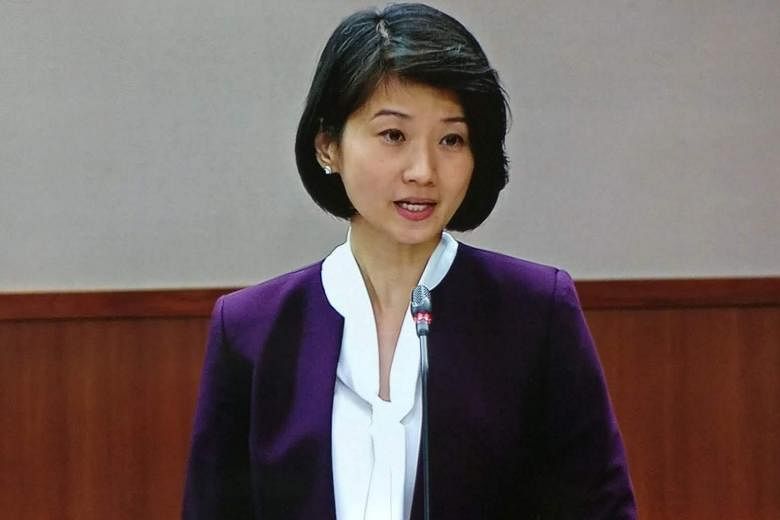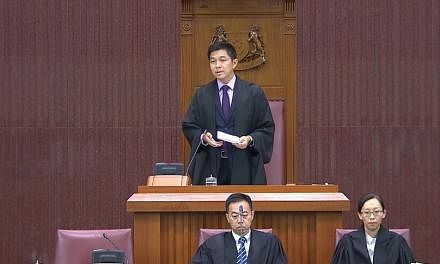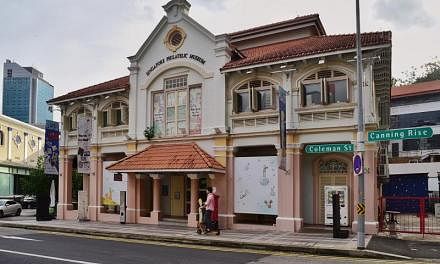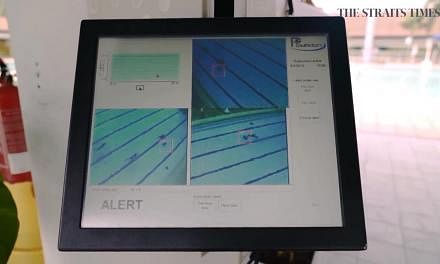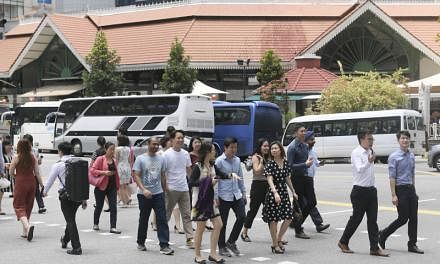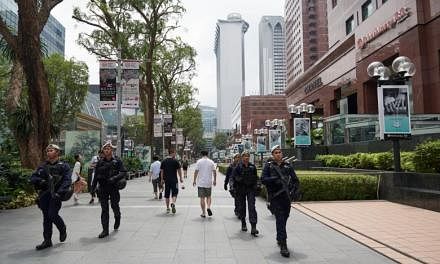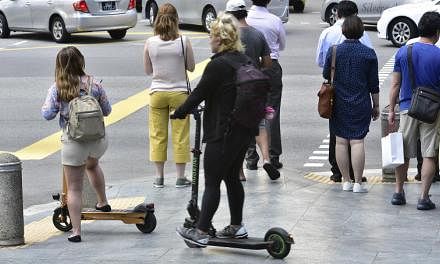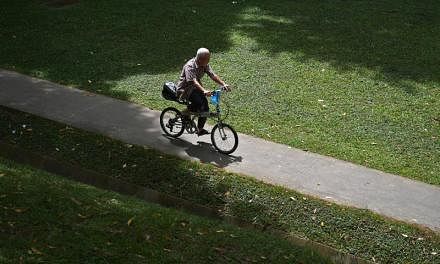SINGAPORE - Owners of selected older buildings will soon have to put in place critical fire safety measures to improve their building's fire safety standards.
"High-risk" industrial buildings, public buildings and hospitals will be prioritised in this move as part of amendments to the Fire Safety Act, said the Ministry of Home Affairs' (MHA) Senior Parliamentary Secretary Sun Xueling in Parliament on Friday (March 1).
"(We will) work closely with their owners to ensure that the new requirements are practicable," said Ms Sun, addressing a query from Ms Jessica Tan (East Coast GRC) on how older buildings' fire safety standards should be improved.
The move will address a gap in the current system, where older buildings are not subject to new changes in the Fire Code, which applies only to new buildings or those that undergo addition and alteration works.
This means owners of older buildings currently do not have to abide by new fire safety requirements, such as installing home fire alarm devices on their premises - a requirement put in place last year for all new residential building, said Ms Sun.
On road safety, Ms Sun, who was speaking during the debate on the MHA's budget, outlined steps to tackle an upward trend in irresponsible driving.
She announced last week that irresponsible motorists would face enhanced penalties, and could be penalised under new offences for dangerous and careless driving.
However, in response to a suggestion from Mr Murali Pillai (Bukit Batok) of a tiered drink-driving approach to impose a lower alcohol limit on young or probationary drivers, Ms Sun said current laws do not prescribe differentiated alcohol limits to different classes of drivers because alcohol affects everyone differently.
Also, statistics show that young or probationary drivers are not more likely to drink-drive than other drivers, she added.
Ms Sun said the Traffic Police also does not enforce drink-driving offences based solely on whether one has violated the alcohol limit.
Instead, a person would be deemed to have been drink-driving as long as he had consumed alcohol and had been unable to control his vehicle, even if he did not exceed the prescribed statutory alcohol limit, she pointed out.
"These criteria apply to all drivers, regardless of age or driving experience. This is a robust approach, which has worked for us. Nevertheless, we will continue to monitor the situation and review our policy if needed," said Ms Sun.
On the nation's counter-terrorism efforts, Ms Sun said that new initiatives under SGSecure - the national movement to mobilise Singaporeans to prevent and be prepared for a terrorist attack - will be rolled out in the coming months.
They will include more public roadshows and events, and the formation of a network to mobilise people to respond to public incidents.
Under SGSecure, grassroots, community, religious, business and school leaders will also take part in a new pilot project to collaborate on emergency preparations, she added.
"Through these new initiatives, we hope to make participation in SGSecure events more accessible, and to strengthen our whole-of-society response to the terror threat," said Ms Sun.
